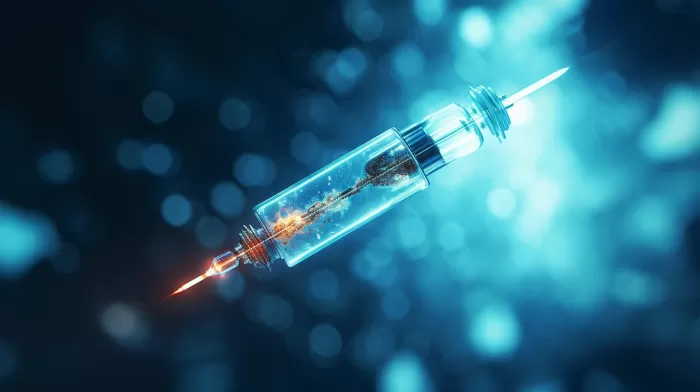Imagine the possibility of alleviating severe depression within just two hours. While it may sound too good to be true, scientific studies have demonstrated that ketamine, an anesthetic drug commonly used in human and veterinary medicine, has the potential to do just that.
A Decade’s Worth of Research
Ketamine, as a potential treatment for depression, is not an entirely new concept. Research at the Connecticut Medical Health Center began exploring the idea nearly 10 years ago. Further investigation on the subject was not conducted for various reasons, among them the drug’s requirement of administration through intravenous injections and reports of it causing temporary psychotic episodes in some patients.
However, in recent years, research on the topic has increased. Medical professionals are now investigating ways to use ketamine’s therapeutic properties while minimizing its side effects.
Speedy Synaptogenesis
One groundbreaking study in the field of ketamine treatment was conducted at Yale University and reported in the online edition of Science journal on August 20, 2010. The research team, led by Dr. Ronald Duman, found that a single treatment of ketamine not only eliminated depression in lab animals, but also repaired connections between damaged neurons caused by chronic depression and stress. This process, called “synaptogenesis,” could potentially provide long-term benefits from ketamine. However, in the study, effects of the drug on animals only lasted 10 days or less.
Another major finding from Duman’s study was ketamine’s ability to work quickly. Human trials support this result, revealing that about two-thirds of patients diagnosed with previously untreatable depression responded positively to ketamine treatment in just a few hours.
Long-Term Potential and Success Rates
Although ketamine has demonstrated short-term benefits, its long-term potential is still a subject of interest among experts. Dr. David Feifel, the Director of the Neuropsychiatry and Behavioral Medicine Program at the University of California, San Diego (UCSD), acknowledged that all patients given only a single ketamine injection eventually relapsed. However, researchers are working on different methods to resolve this issue, such as administering a series of ketamine injections over several weeks, a process resembling electroconvulsive therapy.
One study conducted by Dr. Carlos Zarate Jr., the Chief of the Section on the Neurobiology and Treatment of Mood Disorders at the National Institute of Mental Health, showed a 100 percent success rate following a single dose of ketamine. The study included 17 patients diagnosed with severe, treatment-resistant depression. After receiving one ketamine treatment, all the participants reported a decrease in depression based on the Hamilton Depression Rating Scale. Within 24 hours, 71 percent experienced a significant reduction in symptoms, and 29 percent confirmed they were depression-free after one week.
While these studies did not track patients’ progress beyond a week, the rapid benefits of ketamine treatment are undeniable. Experts agree that further studies need to be conducted to fully understand and improve ketamine’s effects as an antidepressant.
A Future Treatment for Depression
Developing a safe and straightforward version of ketamine treatment could offer instant relief to those suffering from depression who have not responded to conventional treatment methods. Among those who may benefit from ketamine treatment are individuals experiencing suicidal or violent thoughts. Thanks to the drug’s fast-acting results, these symptoms could potentially be treated in a matter of hours instead of taking weeks, months, or even years using traditional methods.
In recent years, doctors have started using ketamine as a viable treatment option for extreme cases. Despite not being an officially approved medicine, treatment centers across the nation now administer ketamine injections to critically ill patients who have exhausted all other treatment options. As researchers continue exploring the possibilities of ketamine, the drug may one day prove to be a game-changer in the treatment of depression.



